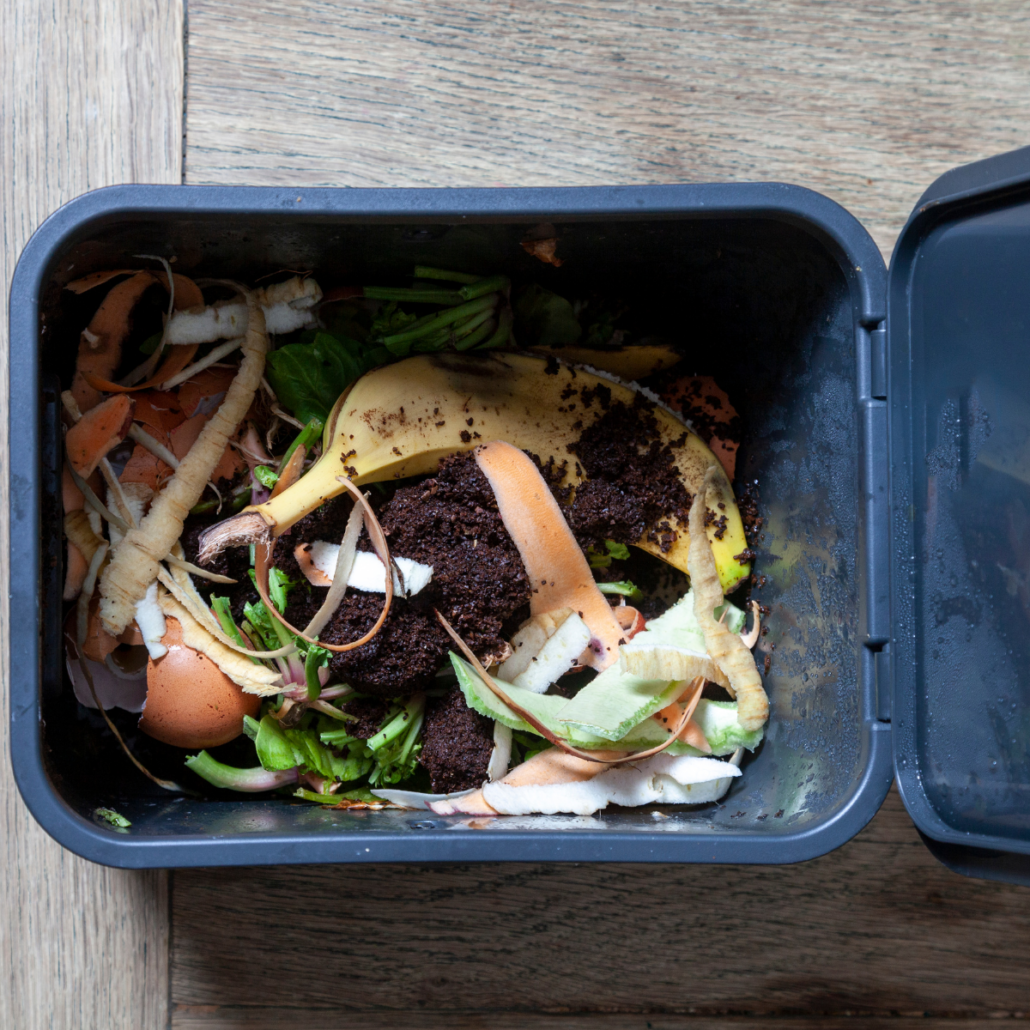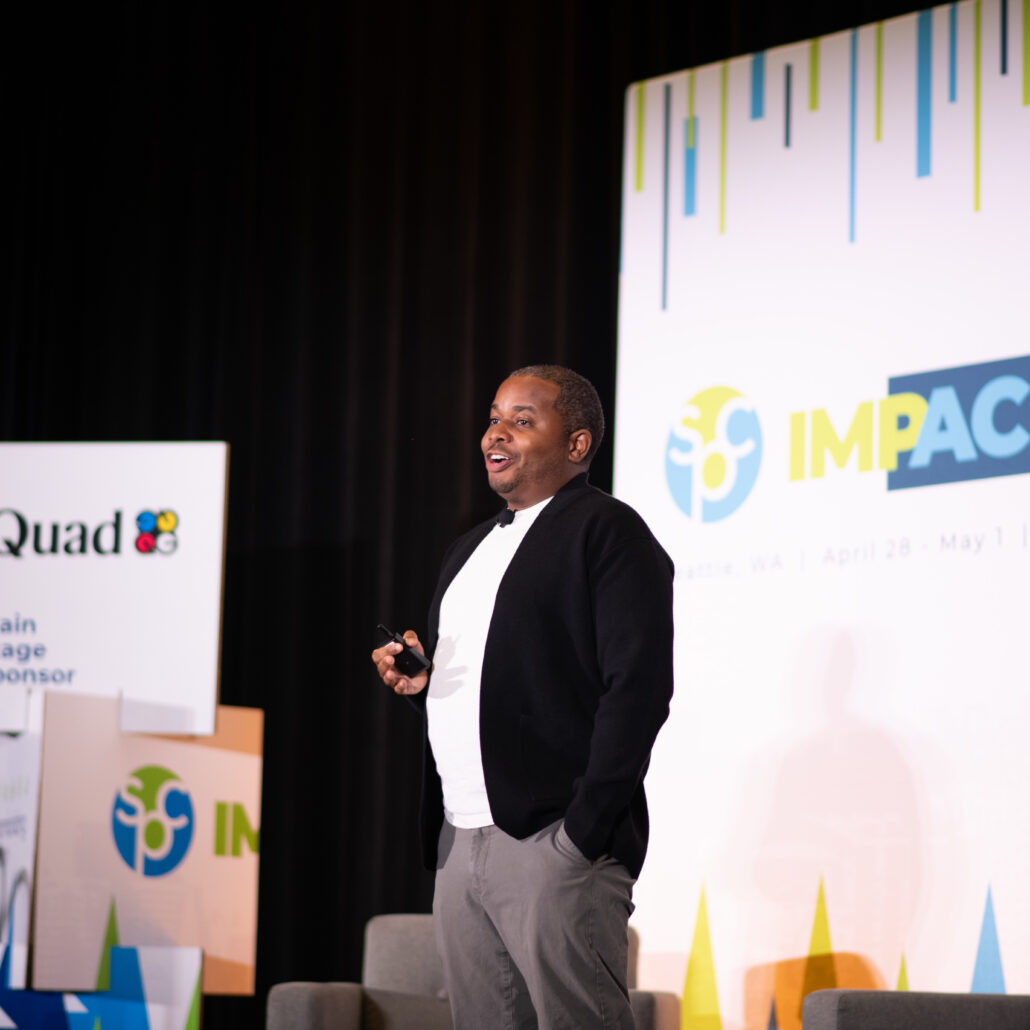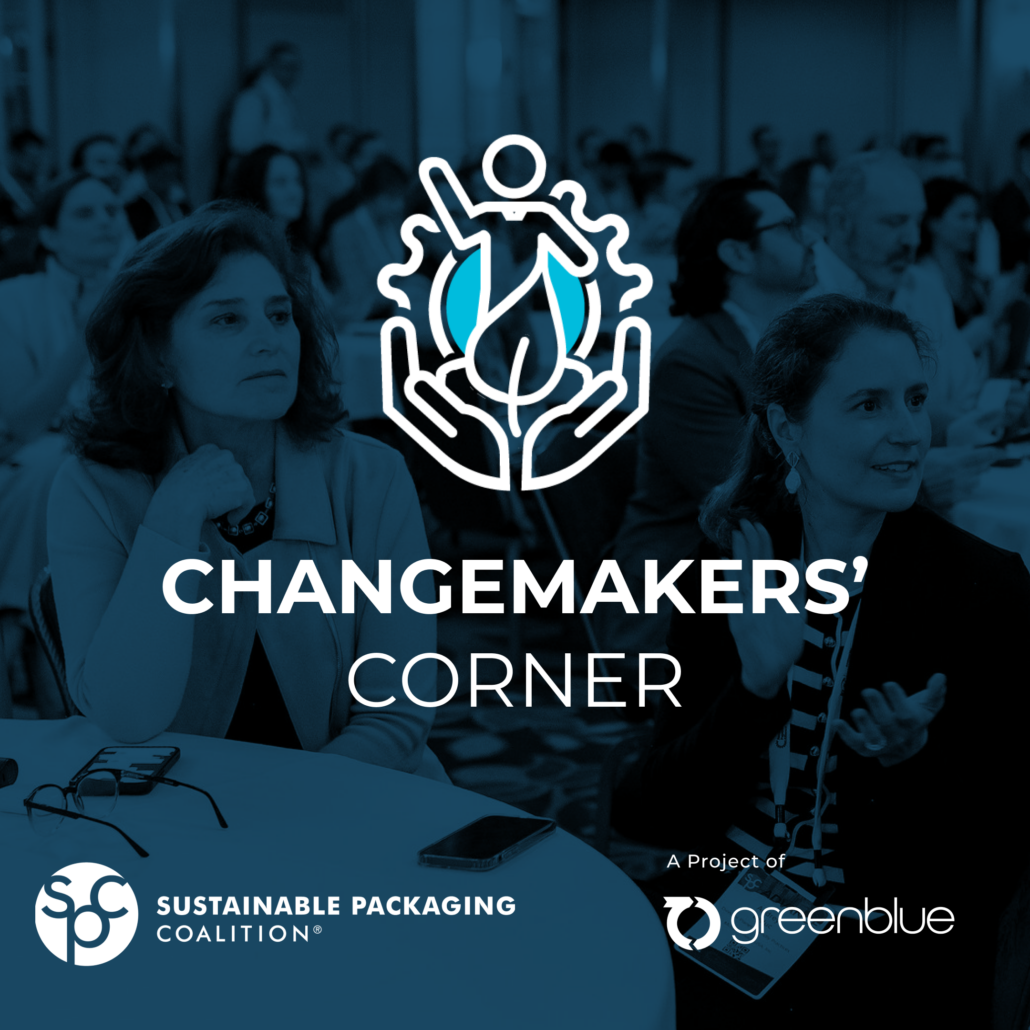Last month the Biodegradable Products Institute (BPI) held its first-ever event in Minneapolis, Minnesota to spur action within the compostable packaging sphere. Various stakeholders from material manufacturers, composters, brand owners, legislators, compost certifiers, to local and national municipality representatives were in attendance and ready to participate during the 2-day summit.
Attendees were able to learn from 10 sessions featuring leaders in the composting space. SPC staff walked away with two key takeaways: (1.) By educating and motivating the public about composting, we will be able to (2.) successfully minimize contamination, cleaning the composting stream to produce a high quality output.
Here’s what we learned…
Compost Contamination
“We can’t make a high quality end product if low-quality compost is what’s coming in.” – Dustin Montey
One of the recurring themes throughout the Summit was the challenge of contamination. During the Compostable Packaging Partnerships session, the Compost Council of Canada highlighted contamination as a large issue composters face. This is not unique to Canadian infrastructure; several US composters who attended the conference shared the same sentiments around contamination from non-compostable packaging materials.
“oxodegradable, biodegradable, eco-friendly, and all-natural are not standards and can be very misleading for consumers” – Erin Skelly
Erin Skelly and Dustin Montey of the SMSC Organics Recycling Facility discussed how greenwashing and lack of consumer education can easily lead to contamination. A non-compostable product may appear compostable based on the product’s messaging, color, or look, leading consumers to place non-compostable items in their compost bins. There may even be compostable messaging used on items that have not passed any certification, which can exacerbate the contamination issue. During their presentation, Skelly and Montey stated “oxodegradable, biodegradable, eco-friendly, and all-natural are not standards and can be very misleading for consumers” when seen on packages. [To learn more, read SPC’s position statement on greenwashing here.]
Difficult to identify, poorly-labeled compostables can also be part of the problem if they fail to display clear compostability indicators like certification logos. To minimize potential contamination, the current standard practice is to pick out non-BPI certified items, since it is hard to verify the compostability of non-certified products. Without a standardized identifier like the BPI label or the How2Compost label, both the consumer and the hauler will have difficulty recognizing what can be composted versus what needs to be landfilled to mitigate contamination.
“We spend a lot of time screening regular plastic bags out of the compost stream” – Tim Dewey-Mattia
Tim Dewey-Mattia of Napa Recycling and Waste Services reported spending a lot of time screening regular plastic bags out of their compost. Waste Service workers open every compost shipment that arrives in compostable bags to make sure the organic matter inside can be successfully composted. Collectors have noticed that people will put non-compostable items in these bags simply due to a lack of knowledge or caring.
So how do we improve the system?
Improving the System Through Education & Motivation
To combat contamination we need to go to the root of the problem – education and motivation. In the Compostable Packaging Myths session, composting representatives from SMSC, City of St. Louis Park, and Organicycle agreed that education for people and companies about compost contamination would be a successful way to engage in positive behavior change.
“Compost is a starter engine for regeneration.” – Finian Makepeace
The Minneapolis Organics Recycling Program has piloted a way to keep its residents accountable for properly disposing of food waste and other compostables. During their project, they had field staff look into residents’ curbside compost bins to see if they contained contaminated materials. If so, the field staff were to place a tag on the resident’s bin with an explanation of what was considered contamination and why their bin was rejected from pick-up. If a second offense occurs, the Minneapolis Organics Recycling Program follows up with a letter in the mail reiterating why the bin was rejected. If the contamination continues, the final course of action may result in the curbside bin being removed. This pilot was a great way to personally engage with people, make them aware of what is considered compost contamination, and then provide guidance on how to change their behavior in the future.
“It’s helpful to want to work with people in our tent instead of taking aim at them.” – Susan Antler
SPC staff found BPI’s first Summit highly informative and a great meeting ground for stakeholders throughout the composting supply chain. As Susan Antler from the Compost Council of Canada said, it’s helpful to “want to work with people in our tent instead of taking aim at them.” Compostable packaging events like this are a great way to bring awareness to what other organizations are trying, have learned, and what to do better to create contamination-free compost.
For more information on BPI and their excellent work, check out their website, here.





